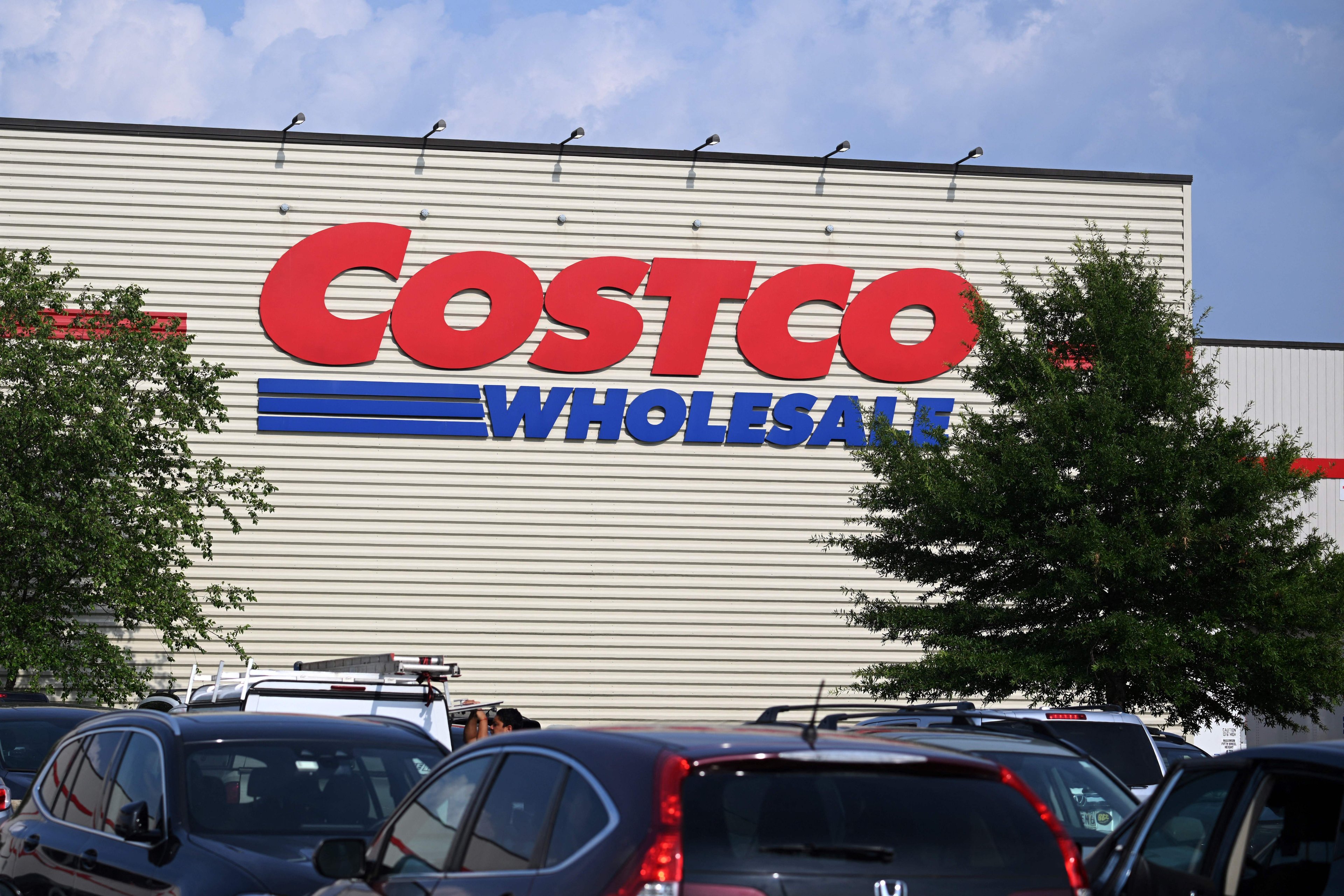The retailing business is competitive and marked by low profit margins. Still, big companies often win more than their fair share of the industry growth thanks to powerful economies of scale, and investors can reap significant rewards from investing in their efficient operations.
Costco (COST +0.72%) and Target (TGT +1.50%) are two good examples, as they've each built up a massive retailing presence. The warehouse giant books roughly $100 billion of revenue in the U.S. annually while Target's sales are a still-impressive $74 billion.
Yet which one is the better buy for investors right now? Let's take a closer look.
Investment statistics match-up
|
Costco |
Target | |
|---|---|---|
|
Market Cap |
$69 billion |
$50 billion |
|
Sales Growth |
6% |
2.1% |
|
Net Profit Margin |
2.1% |
4.6% |
|
Dividend Yield |
1% |
2.7% |
|
Price-to-Sales |
0.7 times |
0.6 times |
|
Price-to-Earnings |
26 times |
16 times |
Sales growth is for stores open at least one year and excludes fuel sales and exchange rate changes. Data source: Company financial filings and S&P Global Market Intelligence.
Costco's better growth
Improving customer traffic is a critical goal for any retailer, but it's even more important to Costco because it produces most of its income through membership fees rather than product sales. If its customers find fewer reasons to make the trip to a warehouse, not only will sales suffer, but membership rolls, and the accompanying fees, will dive.

Image source: Costco.
That's why it's such good news for the business that Costco has been one of the fastest-growing retailers on the market: Comps in U.S. stores rose by 5% or more in each of the last three fiscal years, with the latest boost being a market-thumping 6%.
That figure blows away not only Target and its 2% uptick, but also Wal-Mart (2%), Whole Foods (2.5%), and even Kroger (5%).
Recently, the warehouse giant's growth slowed slightly, which has allowed peers to close the gap. Comps rose by 4% last quarter, compared to 6% in the prior quarter. Meanwhile, Costco's customer traffic gains ticked down to 3.5%. Sure, that's below the 4% or better the retailer has enjoyed for the past six years. But the growth figure still trounces Target and its most recent 1.3% traffic boost.
Target's higher profits
Target has Costco beat in the profitability arena, though. The company generated $3.3 billion of net income last year, translating into a net profit margin of 4.6% of sales compared to Costco's 2.1%.
Target has a better outlook for earnings growth, as well, since it is currently enjoying some of its best sales growth in signature categories (like baby, health, and apparel) that carry higher profit margins. In contrast, Costco's strategy involves selling most of its products at the lowest possible prices, which helps explain how its gross margin is less than half that of Target's.
One consequence of this stronger profit profile is that Target shareholders can expect higher cash returns as the $1.4 billion dividend payout -- at an almost a 3% yield -- is nearly three times Costco's.
Still, what Costco lacks in raw profit strength it makes up for in steady, consistent growth. Because it's anchored on highly dependable membership fees, Costco's earnings tend to march higher no matter what's going on in the broader industry:

Net income by fiscal year. Data source: Company financial filings.
In contrast, you only have to go back one fiscal year to find a net loss on Target's books (negative $1.3 billion), and the prior year wasn't particularly strong either ( at $1.7 billion).
Winner: Costco
With market-leading sales growth and the most dependable earnings in the industry, Costco is clearly the stronger operation. Just don't expect to be able to buy that level of outperformance without paying a hefty premium, though.
Costco is valued at 26 times earnings, compared to Target's 16 P/E. A glance at their respective profit margins suggests Target is the far cheaper investment, but since its earnings growth path is so much easier to predict over the next decade, the warehouse giant is the better stock to own, in my view.







